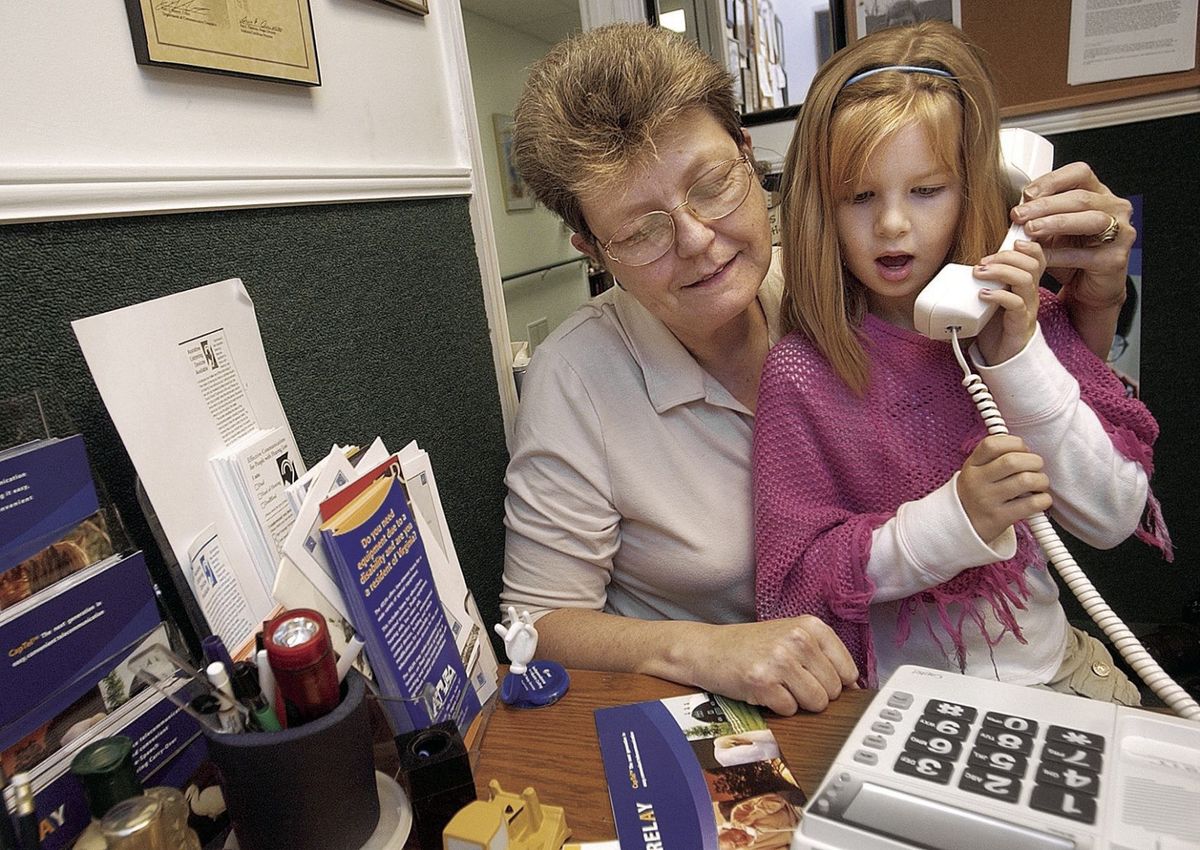Blog
-

“This was my mission,” she said, after 21 years of helping those with hearing loss.
 4 Jan , 2017
4 Jan , 2017
Arva Priola, the woman whose efforts to improve communication for deaf and hard of hearing people has been recognized all the way to the floor of the Virginia General Assembly, retired on Thursday.
Priola, 65, worked for 21 years at the disAbility Resource Center in Fredericksburg and coordinated services for the deaf and hard of hearing. Among the numerous state and national awards she received, from agencies and nonprofits alike, the most notable lauded her efforts to improve communication between deaf people and police as well as first responders, health care officials and medical workers.
“Knowledge is empowerment,” the Spotsylvania County resident said. “Education creates change in a positive way. It takes individuals working together with our community for communication access. This was my mission, and the Lord gave me the strength and the wisdom.”
Priola lost her hearing in 1989 and eventually started working as an advocate for others with the same disability. She tried to overcome stigmas borne by those with hearing losses, noting in 2002 that deaf people were reluctant to call attention to themselves.
People “put glasses on their face, but they have a real hard time putting a hearing aid in their ear,” she said. “People with hearing loss need to identify themselves so they can have better communication.”
She came up with a way for those who may not hear police or rescue sirens to let first responders know of their impairment, easily and quickly. She started a program called Visor Alert locally in 2002 and had orange cards printed with a broken ear—the universal sign of hearing loss—that people could put on their vehicle visor to identify themselves as hearing impaired. Smaller wallet-size cards communicate the same message.
The program started in the Fredericksburg area, but quickly went statewide as it was endorsed by the Virginia Department of Motor Vehicles, the Virginia Association of Chiefs of Police and the state Department for the Deaf and Hard of Hearing.
Her advocacy had the same far-reaching effects in 2015, when she established guidelines to alert hospital workers about deaf and hard of hearing patients. The same symbol, of the broken ear, is now used statewide on hospital charts and armbands to let others know of a patient’s hearing loss.
“This just shows us that it only takes one person to make a change in something that they believe in,” Dr. Shantell Lewis, director of Here2Hear, said in March 2016 when Priola received a community leadership award from the group. “This will have a great effect on the thousands of individuals in the state of Virginia with hearing loss, and it is a very important step … for improvements in health care.”
Hearing loss affects more than 38 million Americans, including more than half of those over age 75. A 2011 study by Johns Hopkins Medicine said hearing loss was more pervasive than previously thought, that as many as one in five Americans 12 and older have difficulty communicating because of the impairment.
But as Priola suggested, people are reluctant to get hearing aids. Only one in five of those who could benefit from the devices actually use them, according to the National Institute on Deafness and Other Communication Disorders.
That’s why Priola has gone “above and beyond” the requirements of her position to provide information and training to those with hearing loss. A resolution passed in February 2008 by both the state Senate and House of Delegates praised her success in getting businesses to participate in Virginia Relay, a free system that allows people with hearing loss to communicate with businesses through a standard telephone.
In the years that followed, Priola also worked to let clients know of the many devices available, beyond hearing aids, through the Virginia Department for the Deaf and Hard of Hearing.
“Oh, it’s a blessing,” she said about alarm clocks that vibrate instead of ring, a video relay system that allows a deaf person to speak sign language—and be seen by a fellow deaf person on the other end—and phones with extra-large buttons that display words on screens or have amplified speakers.
“I have loved working with citizens in our community, state and nation [and] making their lives more independent,” Priola said.
Source: fredericksburg.com
Image credit: The Free Lance Star





























































































































































































































































































































































































































































































































































































